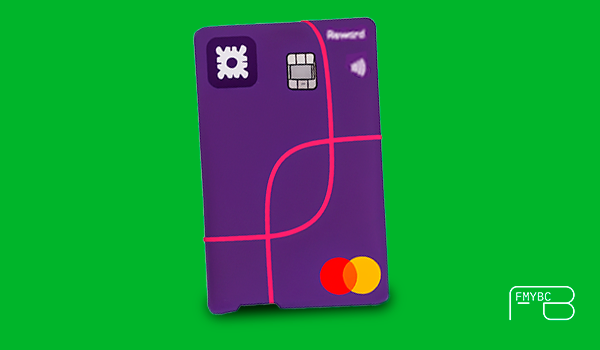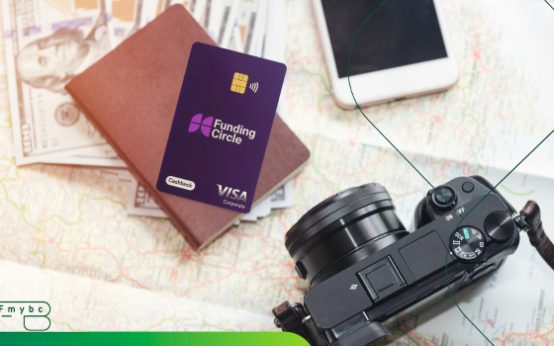The RBS Reward Credit Card stands out as a straightforward option. It offers direct rewards on everyday spending, especially on groceries and retail partners. But with an annual fee and a high representative APR, the card only makes sense if used strategically. This review breaks down its main features, compares it to key competitors, and analyses where it truly delivers value.
How the RBS Reward Credit Card Works
- Supermarket cashback: 1% back at major UK supermarkets.
- General spending: 0.25% back on all other purchases.
- Partner offers: Between 1% and 15% back at retailers through the MyRewards network, including brands like Harvey Nichols, National Express, and Europcar.
- Reward conversion: Every £5 earned is automatically credited as Rewards. These can be exchanged for cash into your RBS current account, used for gift cards, or donated to charity.
The annual fee is £24, but it is refunded in full if you also hold an RBS Reward Current Account. This pairing is essential for maximising value.
Costs and Representative Example
- Representative APR: 31.0% variable.
- Purchase rate: 25.9% p.a. variable.
- Annual fee: £24 (refunded with Reward Current Account).
- Other charges:
- £12 for late payments or exceeding credit limit.
- 3% for cash advances.
- 2.75% foreign transaction fee.
With a high APR, this card should only be used if you pay off your balance in full each month. Otherwise, the interest costs will quickly outweigh any rewards.
Real-World Use Cases
- A family spending £500/month at Tesco or Sainsbury’s would earn £5 in Rewards monthly, or £60 annually. Combined with partner offers (often 10% back on select purchases), this can realistically push rewards to £100–£120 per year.
- For low spenders who only use the card occasionally, the £24 annual fee can erode most of the cashback—unless they qualify for the refund by holding an RBS Reward Current Account.
- Business travellers may find the 2.75% foreign transaction fee restrictive, making the card less attractive for overseas spending.
Comparison with Competitors
| Feature | RBS Reward Credit Card | Barclays Rewards | Amex Everyday |
| Supermarket cashback | 1% | 0.25% (general) | 5% intro at supermarkets (3 months) |
| Annual fee | £24 (refunded) | £0 | £0 |
| Foreign transaction fees | 2.75% | 0% | 2.99% |
| APR (representative) | 31% | 28.9% | 31% |
The main advantage of RBS is the 1% supermarket cashback, higher than most no-fee alternatives. However, Barclays Rewards shines for foreign spending, while Amex excels in short-term offers and higher promotional cashback rates.
Value Analysis
The break-even point is roughly £200 monthly supermarket spend. Below that threshold, the rewards may not justify the annual fee unless you already have an RBS Reward Current Account. For heavy grocery shoppers or those who combine it with MyRewards partner offers, it becomes an efficient cashback tool.
Conclusion and Next Steps
The RBS Reward Credit Card is best for UK households with regular supermarket spending who already bank with RBS. It offers simplicity and reliable cashback but loses ground for travellers and light spenders.In the next section (Page 2), we will build a detailed guide on how to maximise its value, including advanced “hacks,” a FAQ with non-obvious questions, and comparisons with niche alternatives like Santander All in One and Chase UK.



 Fluid Credit Card Guide: Maximize Your Balance Transfer Strategy Without Paying Hidden Interest <p style='font-size:14px;'>A step-by-step guide to using the Fluid credit card wisely — and avoiding the common mistakes many UK borrowers make.</p>
Fluid Credit Card Guide: Maximize Your Balance Transfer Strategy Without Paying Hidden Interest <p style='font-size:14px;'>A step-by-step guide to using the Fluid credit card wisely — and avoiding the common mistakes many UK borrowers make.</p>  How to Get the Most Out of the Santander Edge Credit Card <p style='font-size:14px;'>A hands-on guide to maximizing cashback, avoiding hidden costs and comparing smarter options in the UK market.</p>
How to Get the Most Out of the Santander Edge Credit Card <p style='font-size:14px;'>A hands-on guide to maximizing cashback, avoiding hidden costs and comparing smarter options in the UK market.</p>  Advanced Guide to Getting the Most Out of the Funding Circle Business Cashback Card <p style='font-size:14px;'>How to turn a simple business credit card into a smarter cash-flow tool with rewards that support long-term growth</p>
Advanced Guide to Getting the Most Out of the Funding Circle Business Cashback Card <p style='font-size:14px;'>How to turn a simple business credit card into a smarter cash-flow tool with rewards that support long-term growth</p>